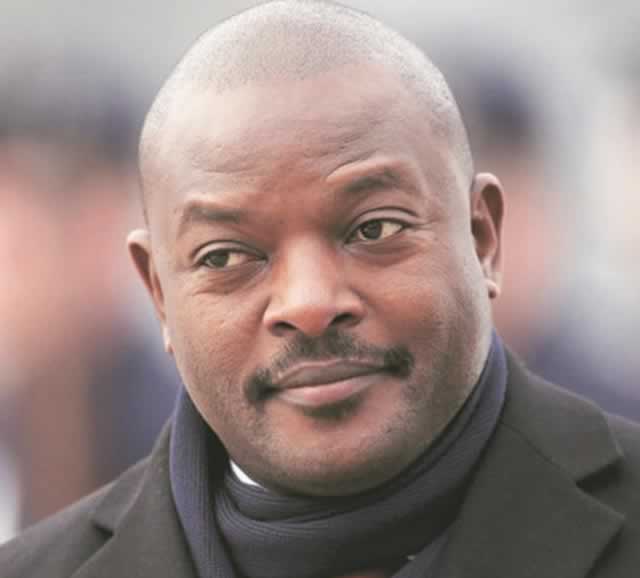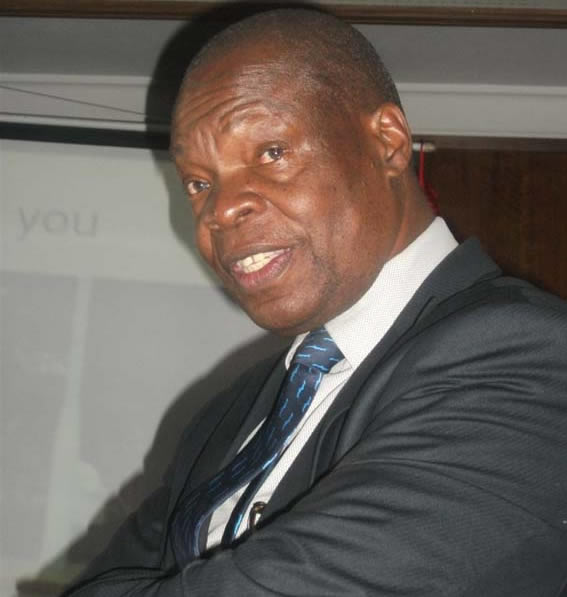Burundi, the field mission that wasn’t

Correspondent
In July, the Peace and Security Council (PSC) was scheduled to leave its Addis Ababa headquarters and get closer to one of its most urgent situations: Burundi. However, the trip has yet to take place, largely because of logistical problems and the fact that it could have been seen as an endorsement of President Pierre Nkurunziza’s third term bid.
Presidential elections in Burundi went ahead on 21 July, but the question remains: could a timeous visit from the African Union’s (AU) most influential institution have lowered the potential for violence?
According to the first draft of the PSC programme for July, the PSC was to undertake a field mission to Burundi from 24–26 July, pending consultation between the AU Commission and Burundi. In a later version, these dates were altered to 18–20 July, as apparently confirmed by Burundi through a diplomatic note.
The provision for a field trip in July came as no surprise. At the 25th AU Summit in Johannesburg in June, the incoming PSC chairman for July indicated he thought it was important for the PSC to engage more directly with the situations that fall under its remit; that PSC members need to see what is happening on the ground. According to sources, South Africa’s ambassador to the AU, Ndumiso Ntshinga, said he wanted to use his chairmanship to make that happen, and several options were discussed, including Burundi, the Central African Republic (CAR) and the eastern Democratic Republic of the Congo.
PSC field missions are not a new phenomenon, although they do not happen very often. The last field mission was a visit to Mali with the European Union Political and Security Committee in February this year. That mission met various government figures, including President Ibrahim Boubacar Keita, as well as representatives of key political parties, parliamentarians and civil society organisations. To their credit, participants travelled from the capital Bamako to the city of Gao, a focal point for violence and instability in northern Mali (although, for security reasons, they were not allowed out of the airport).
Burundi reluctant to
confirm dates
However, the Burundi field mission did not take place as planned, due to a combination of factors. According to sources, the South African delegation was slow to process the diplomatic formalities associated with the trip, while Burundi was reluctant to confirm dates and a detailed itinerary. Complicating things further was the postponement by one week of Burundi’s presidential elections, to July 21, which would have meant that the PSC would have arrived in Bujumbura while campaigning was in full swing; and the involvement of a number of PSC delegates in the Third International Financing for Development Conference in Addis Ababa from 13–16 July.
It is also important to note that Burundi is a member of the PSC and its former ambassador to the AU, Alain Nyamitwe, was appointed by Nkurunziza as the country’s new minister of foreign affairs in May this year. The appointment came amid growing concern about the situation and street protests against the government in Bujumbura. Tanzania and Uganda, both important actors in the attempts to find a solution to the crisis in Burundi, are also members. Uganda took over from Tanzania as mediator earlier this month.
Taking all this into account, the PSC decided to postpone the field mission to an unspecified date (a representative from the Burundi embassy said that it was unlikely to happen in July, if at all). The decision came much to the relief of the AU Commission, which had been concerned about the expense associated with the proposed mission, and nervous that the PSC’s visit could be perceived as an endorsement of Nkurunziza and the controversial electoral process.
Questions about the utility
of field missions
These concerns reflect larger questions about the utility, or otherwise, of field missions. While in principle a good idea, it is often hard for diplomats – bound by tight security restrictions – to penetrate beyond the layers of protocol and propaganda. How much can a brief field mission really alter one’s understanding of a country’s complex political dynamics? And what impact would it have on the PSC’s decisions?
To answer these questions and others, the PSC Report turned to deputy executive director and director of research at the Security Council Report Joanna Weschler.
The United Nations (UN) Security Council goes on regular field missions, and has been doing so for decades (Coincidentally, the UN Security Council’s most recent field trip was to Burundi in March; this was the final leg of a trip that also took in the CAR and Ethiopia).
The UN Security Council’s experiences, and lessons learned, are directly applicable to the PSC. In fact, the UN Security Council’s field missions may have inspired the PSC to do the same. — DailyMaverick.








Comments